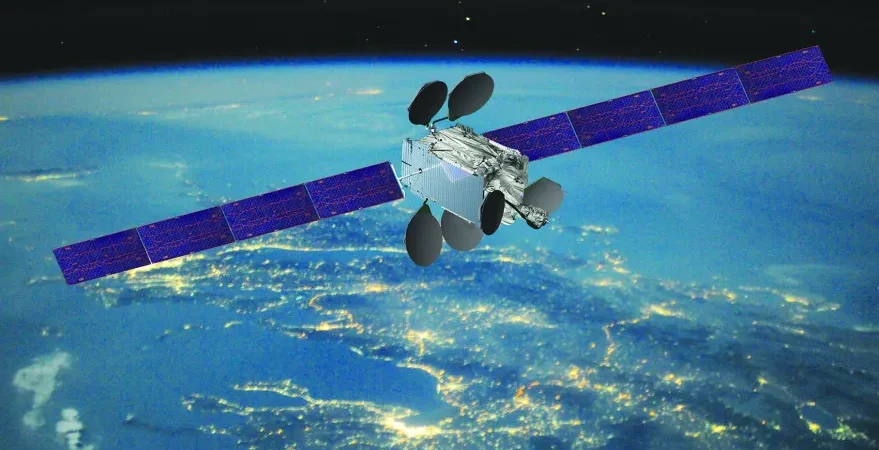TAMPA, Fla. — Intelsat 33e has lost power in geostationary orbit and the satellite is no longer providing communications for customers across Europe, Africa and parts of Asia Pacific, its operator announced Oct. 19.
Intelsat said it is working with satellite maker Boeing to address the anomaly, but “believe it is unlikely that the satellite will be recoverable.” An Intelsat spokesperson said the satellite was not insured at the time of the issue.
While the cause of the power loss was not released this type of fault can be caused by a cyber attack. Some of the scariest types of cyber attacks are the ones that are not obviously cyber in nature. I have personal experience with this while performing cybersecurity testing on military aircraft. In one test, the red team inserted a script that disconnected a vital system from the aircraft’s mission computer. Flight crew immediately identified the fault and followed standard troubleshooting procedures. Those procedures were thorough and time consuming and would have never fixed the issue, due to the fact that they were not designed to deal with an attack with-in the software itself.
Should the Intelsat 33e anomaly be a cyber attack Boeing and Intelsat teams may spend days or weeks following standard troubleshooting procedures for power loss that will never work. Cyber attack or no, this incident underscores the need for cyber defense in spacecraft and aerospace systems in general.
